Strengthening Access to Justice through Clinical Legal Education in Environmental Matters
Date
24 May 2025
Time
10:45 am – 12:00 pm (Bangkok Time)
Format
In-person
Speakers
Georgina Lloyd, Regional Coordinator of Environmental Law and Governance for Asia and the Pacific, United Nations Environment Programme
Rose-Liza Eisma-Osorio, Professor, University of Cebu School of Law
Maria-Goreti Muavesi, Head Environmental Legal Officer, International Union for Conservation of Nature
Session Description
The triple planetary crisis of climate change, biodiversity loss, and pollution threatens the sustainability of our planet and impacts groups in vulnerable situations disproportionately, resulting in environmental injustice. Environmental justice requires the equitable realization of substantive and procedural environmental rights, including access to clean water, food, air, and a healthy ecosystem, as well as participation in environmental decision-making, access to information, and remedy. Addressing this crisis demands innovative and immediate solutions to advance environmental justice and provide legal empowerment to local communities.
Environmental legal clinics (ELCs) play a pivotal role in advancing environmental justice, promoting the rule of law, and fostering sustainable development. They support access to justice, strengthen the environmental rule of law, build capacity through education, empower communities, promote collaboration, drive policy reform, and contribute to regional and global impacts. These clinics bridge gaps in environmental justice by providing pro bono legal advice and representation to vulnerable and marginalized communities, helping them navigate legal systems and protect their environmental rights. They also contribute to capacity building by training future legal practitioners, policymakers, and advocates in environmental law and governance. This fosters expertise in key areas such as environmental litigation, advocacy, and policy analysis.
Additionally, environmental legal clinics enhance access to information and justice by raising awareness of environmental laws, rights, and remedies. They ensure that communities understand their legal options and the environmental data affecting them. These clinics also support policy and law reform by identifying gaps in existing legislation and advocating for stronger environmental protections. By working with governments and institutions, they help improve legal frameworks for sustainable development. Furthermore, environmental legal clinics serve as hubs for collaboration between civil society, governments, and academic institutions. They foster partnerships that advance the Environmental Rule of Law at local, regional, and global levels.
There are a growing number of ELCs in Asia Pacific, however there is limited exchange and collaboration between these clinics. There is great potential to increase the impact of ELCs through networking and south-south collaboration and exchange. Similar such networks exist in Latin America, for example, the Environmental Legal Clinics Alliance is composed of universities from Argentina, Brazil, Colombia, Chile and Peru. This session will explore the role of ELCs to advance people centered justice and environmental justice and the potential for collaboration and exchange amongst ELCs across the region.
The objectives of the session are:
- To explore the potential scope of environmental law clinics in the region in advancing rule of law and access to justice.
- To understand how ELCs address barriers to access justice.
- To explore the potential for regional collaboration and networking amongst ELCs.
